Back to Courses
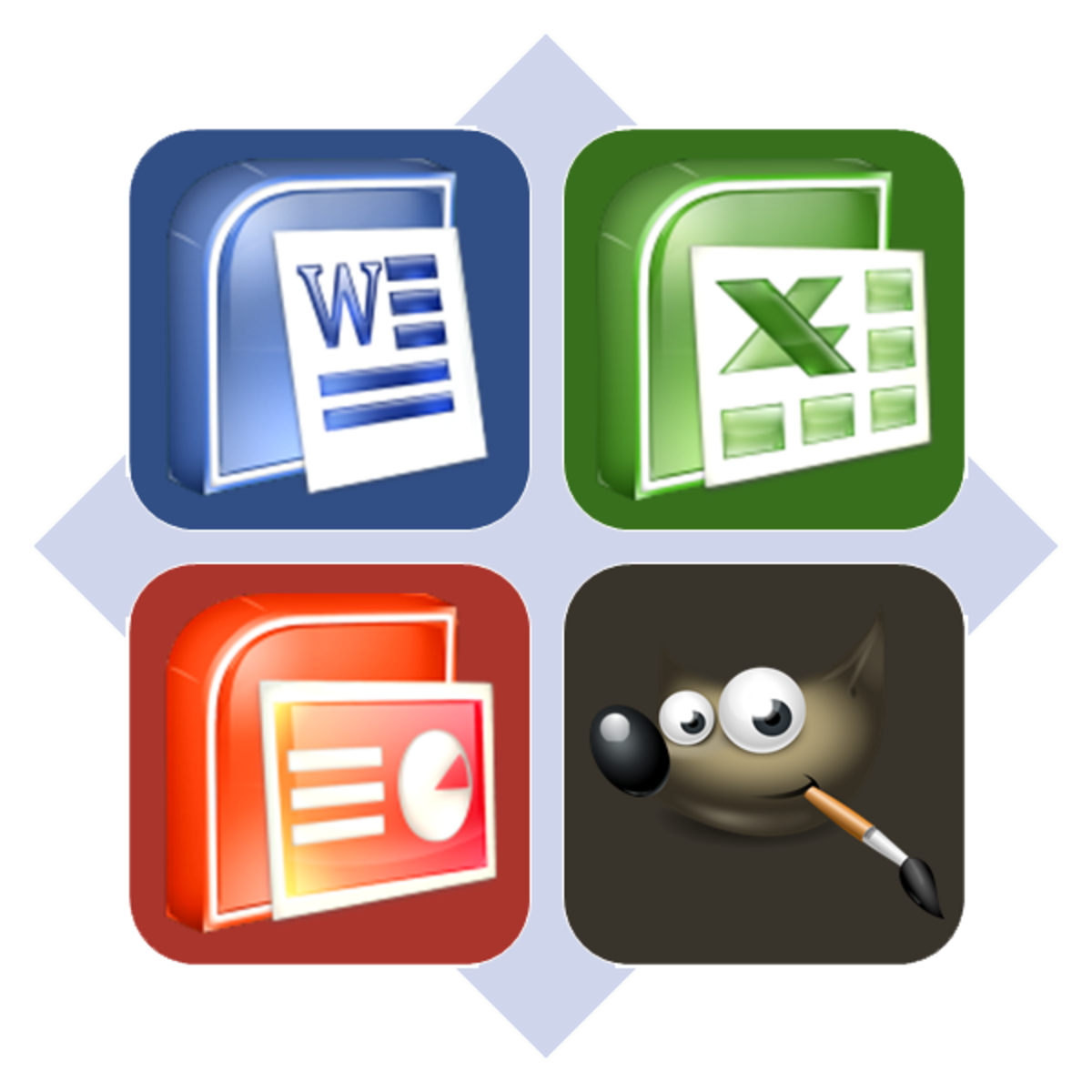
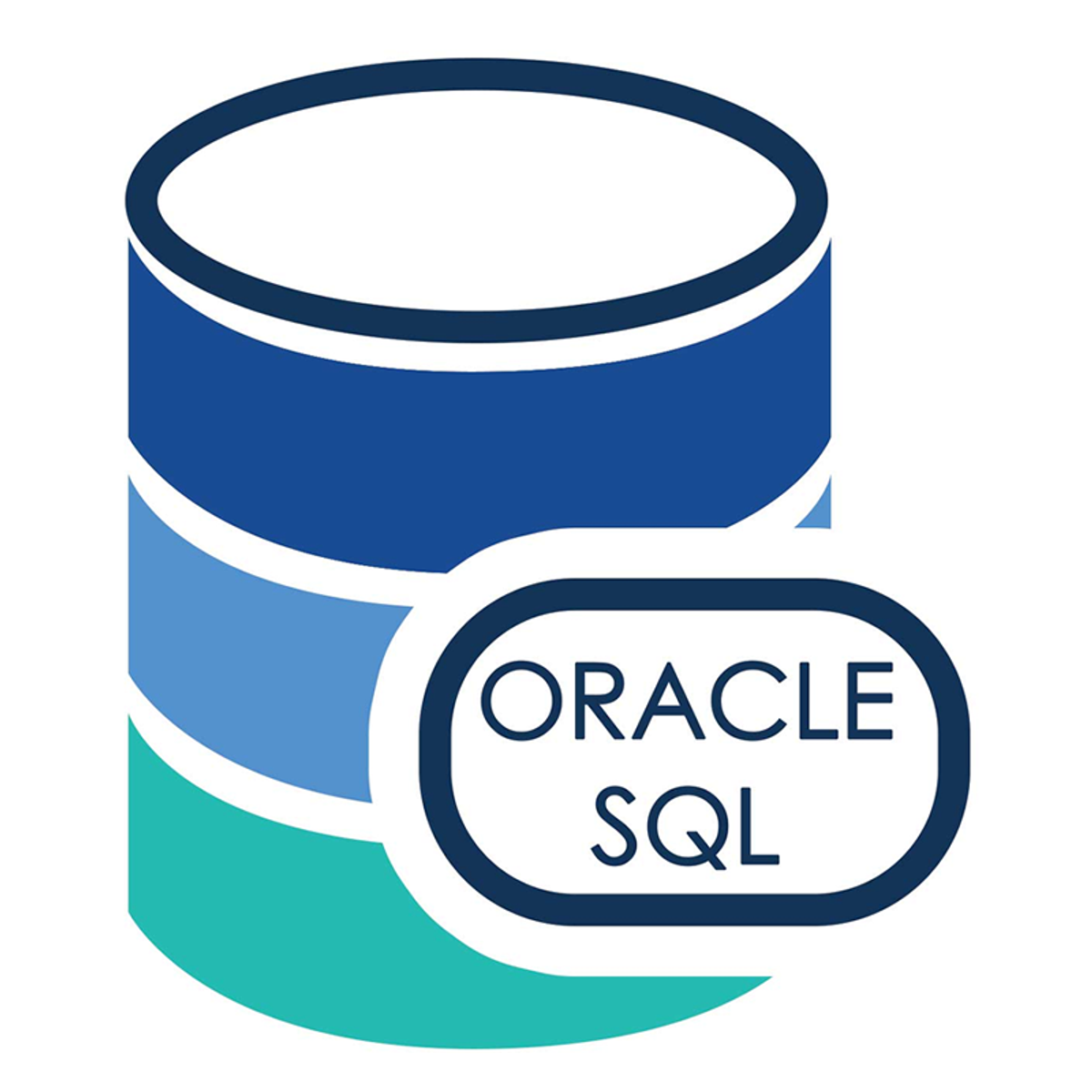


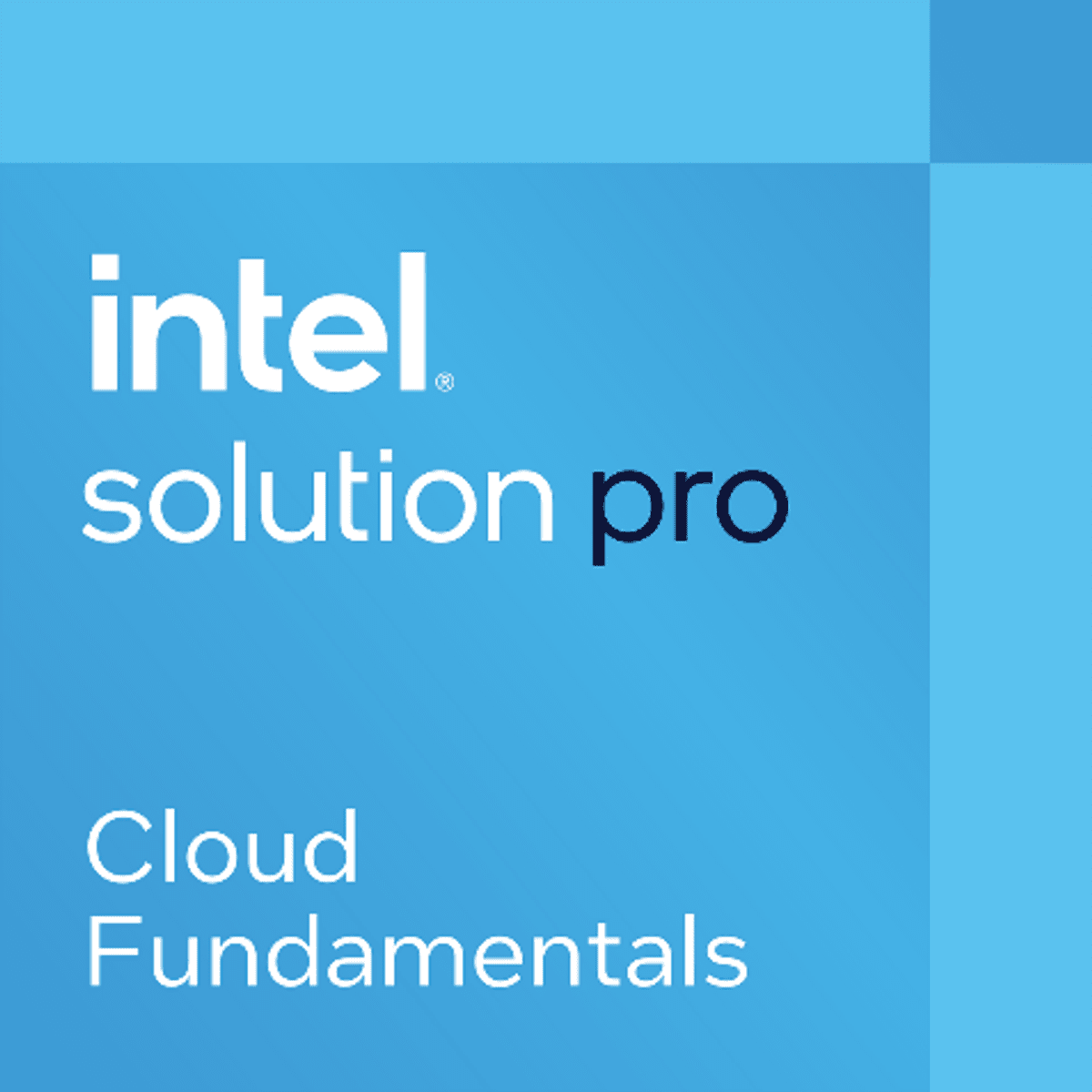

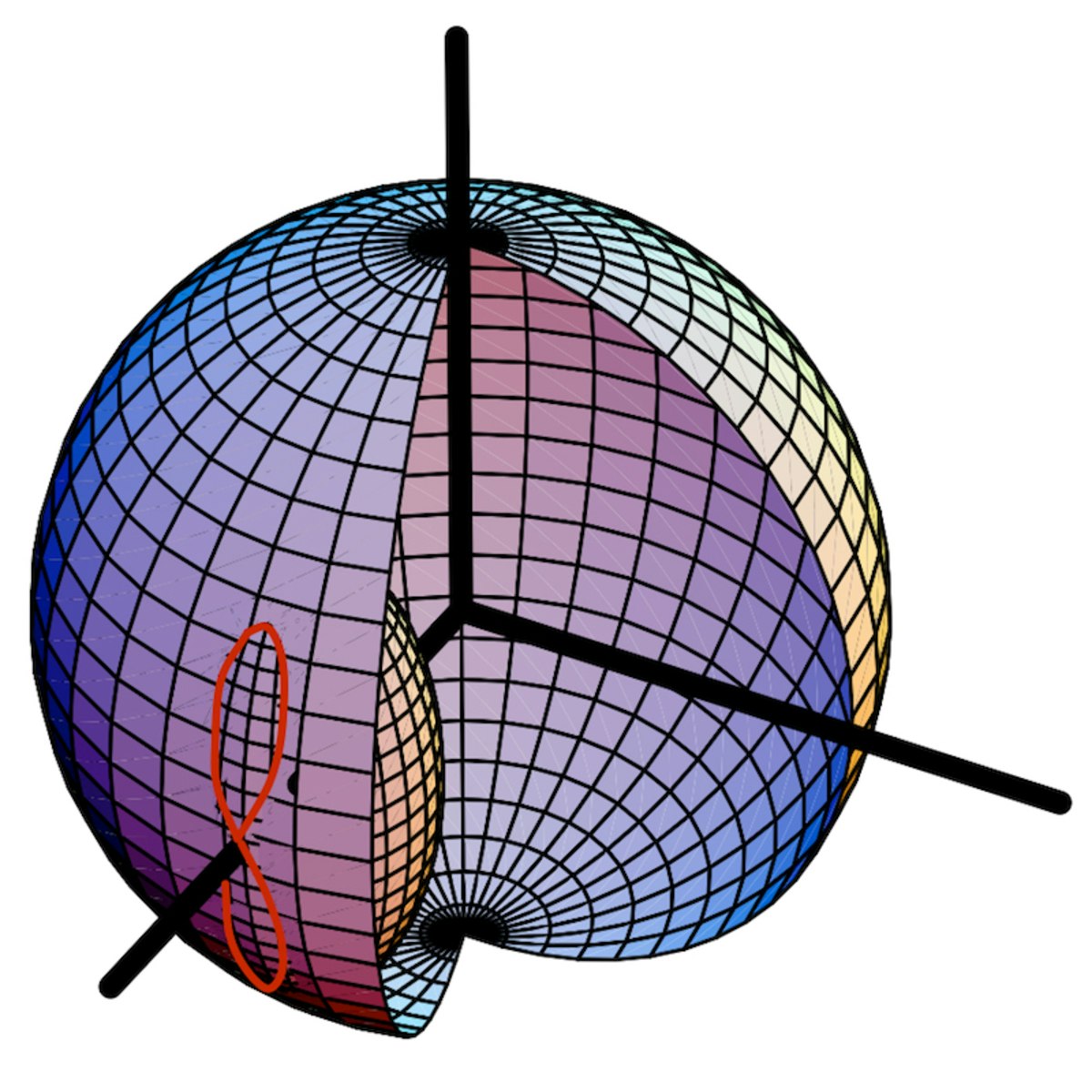

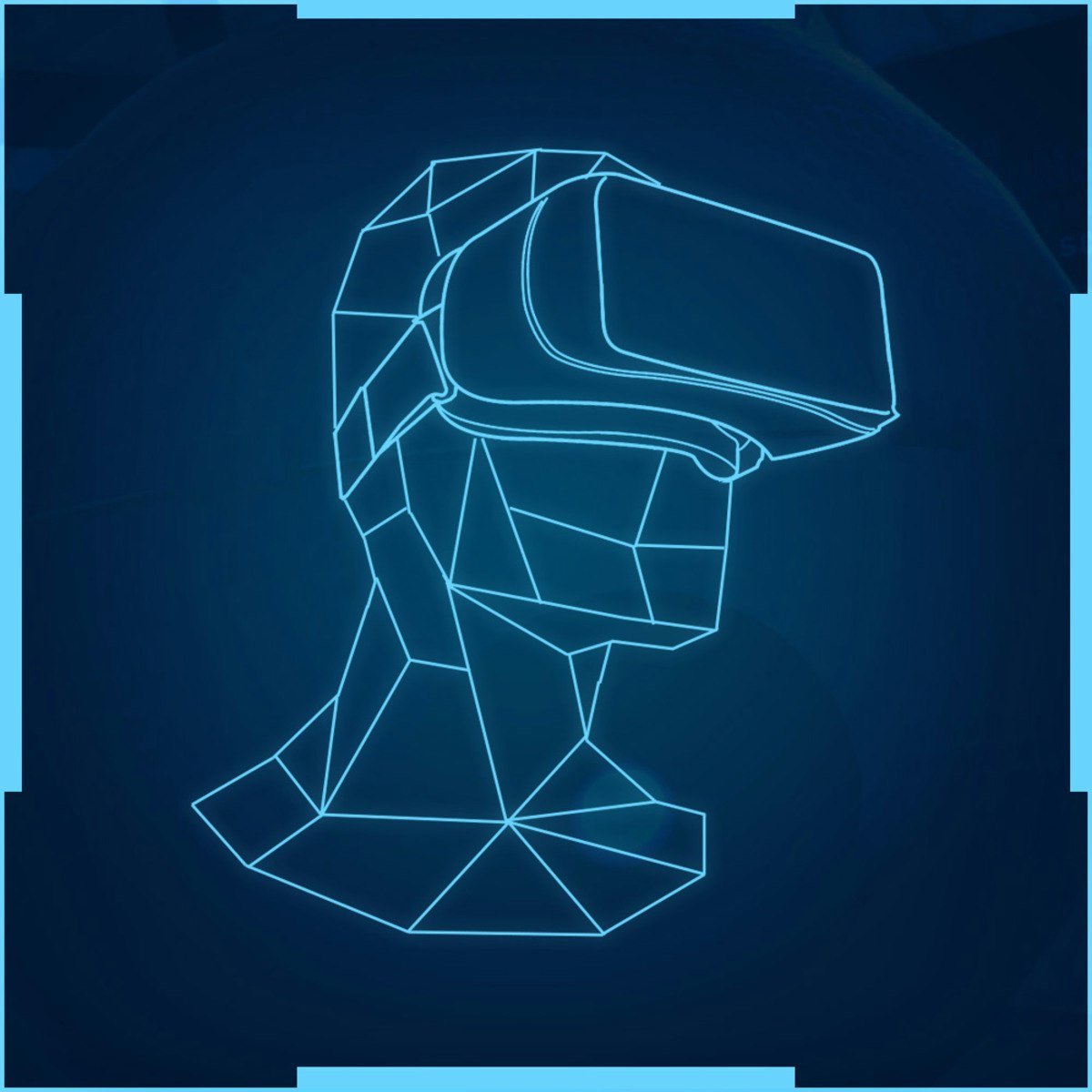
Computer Science Courses - Page 172
Showing results 1711-1720 of 2309

Start the UX Design Process: Empathize, Define, and Ideate
Start the UX design process: Empathize, Define, Ideate is the second course in a certificate program that will equip you with the skills needed to apply to entry-level jobs in user experience (UX) design. In this course, you’ll complete the first phases of the design process for a project that you’ll be able to include in your portfolio. You will learn how to empathize with users and understand their pain points, define user needs using problem statements, and come up with lots of ideas for solutions to those user problems.
Current UX designers and researchers at Google will serve as your instructors, and you will complete hands-on activities that simulate real-world UX design scenarios.
Learners who complete the seven courses in this certificate program should be equipped to apply for entry-level jobs as UX designers. No previous experience is necessary.
By the end of this course, you will be able to:
- Empathize with users to understand their needs and pain points.
- Create empathy maps, personas, user stories, and user journey maps to understand user needs.
- Develop problem statements to define user needs.
- Generate ideas for possible solutions to user problems.
- Conduct competitive audits.
- Start designing a mobile app, a new project to include in your professional UX portfolio.

Introduction to Computers and Office Productivity Software
In this course, you will learn the following essential computer skills for the digital age:
Major hardware components of a computer system
Different types of software on a computer system
Photo Editing using GIMP
Word processing applications, including MS Word, MS Excel, and MS PowerPoint

Oracle SQL Practice Course
This course is designed for SQL beginners to review SQL statements, including creating tables, adding columns, and modifying tables. We'll look at using alter statements and learners will practice using DDL and DML statements completing exercises.

App Engine: Qwik Start - Go
This is a self-paced lab that takes place in the Google Cloud console.
This hands-on lab shows you how to create a small App Engine application that displays a short message. Watch the short video Build Apps at Scale with Google App Engine.

Process Student Details using Inheritance in Java
This project provides a step-by-step approach in instruction and will equip you with fundamental concepts of using inheritance in Java Programming, from the ground up. Using jGRASP development environment, you will create a Java project that processes students’ details using inheritance. These details are college name, student’s designation, student ID, subjects taken, learning platform, cost per subject, and a discount rate; You will create three types of students: online student, part-time student, and a special online student, and process and display their data. By the end of this project, you will be able to write a Java program using single inheritance, hierarchical inheritance, and multilevel inheritance, method overriding, and super keyword.
If this is the first time you are learning about inheritance you will benefit from writing programs from templates as well as a blank sheet to a fully functioning program. If you already have programming experience, this is an opportunity to refresh your skills in inheritance. No matter your level, you will be able to apply the skills obtained from this course in real-life programming exercises. To provide you with support outside the course, you will find a pool of additional notes and exercises that you can try at home.
If you ever wanted to build on your object-oriented skills in Java that you already possess and become better at using inheritance, this project is the right place to start!

Cloud Technologies & Services
The Cloud Technology course is intended to level set learners on key products and technologies - such as compute, storage and networking that make up the "Cloud". In addition, learners will learn basic concepts of other technologies like containers, media and telemetry. The Cloud Services module will drill more deeply into the services that are made available in the cloud environment. The student completing this module will be able to describe the components of a cloud service including VPC, networking and cloud security. In addition, this module includes a discussion around cloud supply lines and the key players in the cloud channel.

Install and Use Cloud Tools for PowerShell
This is a self-paced lab that takes place in the Google Cloud console.
In this lab you will learn all about Google Cloud Platform Tools for PowerShell. You will practice installation, authentication, working with Compute Engine from PowerShell, as well as how to backup data to Google Cloud Storage from PowerShell.

Kinetics: Studying Spacecraft Motion
As they tumble through space, objects like spacecraft move in dynamical ways. Understanding and predicting the equations that represent that motion is critical to the safety and efficacy of spacecraft mission development. Kinetics: Modeling the Motions of Spacecraft trains your skills in topics like rigid body angular momentum and kinetic energy expression shown in a coordinate frame agnostic manner, single and dual rigid body systems tumbling without the forces of external torque, how differential gravity across a rigid body is approximated to the first order to study disturbances in both the attitude and orbital motion, and how these systems change when general momentum exchange devices are introduced.
After this course, you will be able to...
*Derive from basic angular momentum formulation the rotational equations of motion and predict and determine torque-free motion equilibria and associated stabilities
* Develop equations of motion for a rigid body with multiple spinning components and derive and apply the gravity gradient torque
* Apply the static stability conditions of a dual-spinner configuration and predict changes as momentum exchange devices are introduced
* Derive equations of motion for systems in which various momentum exchange devices are present
Please note: this is an advanced course, best suited for working engineers or students with college-level knowledge in mathematics and physics.

Design Conversational Flows for your Agent
This is a self-paced lab that takes place in the Google Cloud console. Contact Center AI can increase customer satisfaction and operational efficiency by improving call deflection rates, and achieve shorter handling, while making overall operations faster and more effective. In this lab, you'll learn how to use Dialogflow to create a conversational interface.
Mobile VR App Development with Unity
"The virtual reality and augmented reality industries are growing by leaps and bounds — but finding workers with the right skills can be a challenge." - CNBC report
Virtual and Augmented Reality are poised to revolutionize how we interact with computers, with the world and with each other, and Unity is at the forefront of this technology; an estimated 90% of Samsung Gear VR games and 53% of Oculus Rift (games at launch) were Made With Unity. And according to labor market analytics company Burning Glass, "there’s nothing virtual about the jobs in this field. They’re here and now and very real."
In this course, you'll learn how to design, develop, troubleshoot, and publish your own mobile VR applications in Unity for Google Daydream, Gear VR, or Oculus Go devices. Using the very latest techniques recommended by Unity's VR engineers, you'll build a complete VR environment that you can continue to use after the course, while learning to apply best practices in user experience, interaction, teleportation and navigation design for VR. In short, this course will take you from software developer to VR developer.
This is the second of three courses in Unity's XR Specialization, which includes an Introduction to XR course as well as a planned course focused on developing handheld Augmented Reality (AR) applications with Unity.
The course assumes that you already have experience developing applications with Unity and that you are comfortable with basic C# programming. It will also be helpful if you are familiar with building other types of apps to run on mobile devices.
